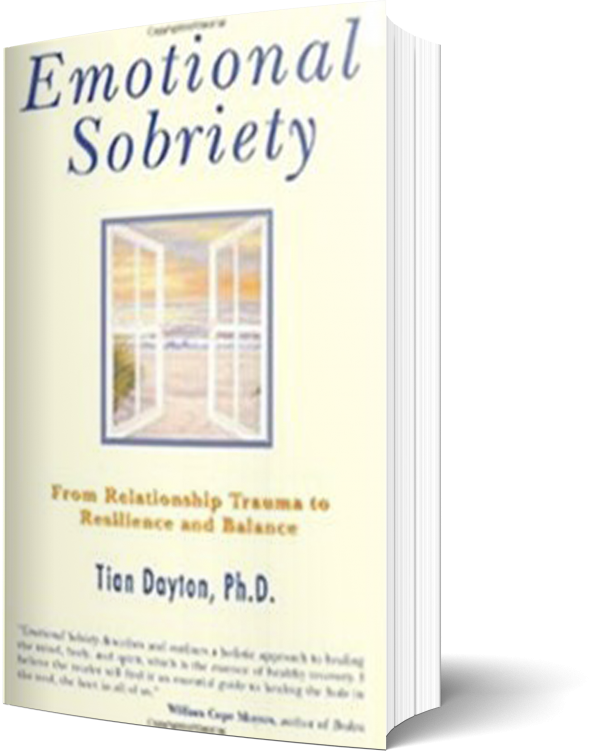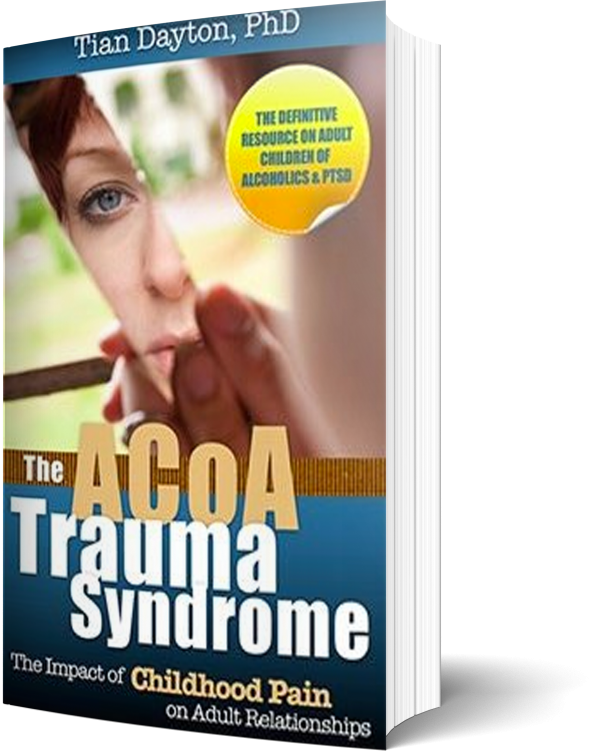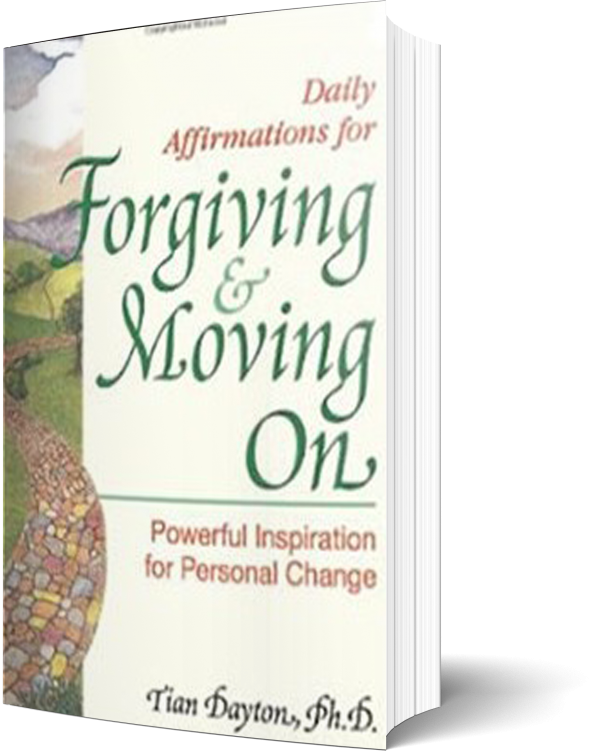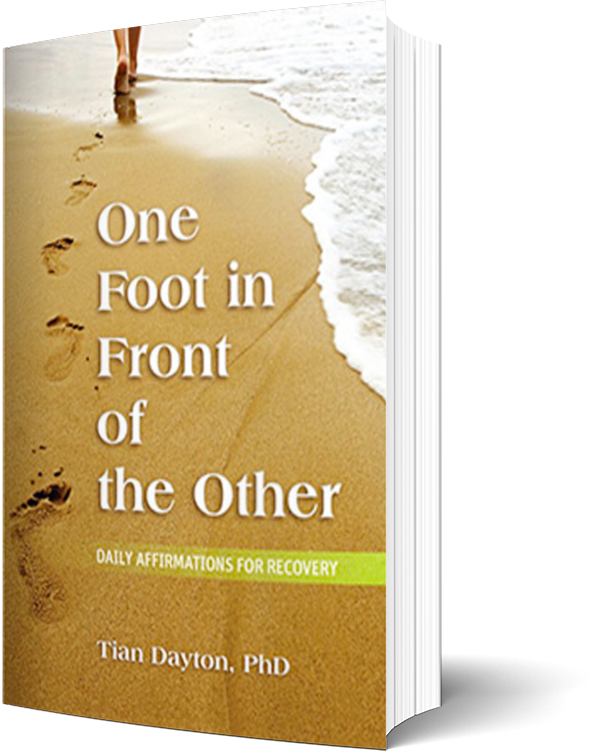It’s “Children of Alcoholics Week” so this blog is dedicated to anyone, of any age, who has lived with addiction and the emotional extremes, chaos and dysfunction that it engenders. One of the strange phenomena of living with dysfunction and pain as a child is that the effects of it can surface much later, even in adulthood. This is because of what’s known as a post traumatic stress reaction in which long after the stressor is removed, in this case alcoholic or abusive parents, we live with the effects of it in our lives and relationships our relationships, particularly our intimate relationships.
Following is a list of characteristics that living with the emotional and psychological trauma of addiction can lead to, though this list is serious in nature, remember that recovery is also a path to self fulfillment and leading an alive and purposeful life, so read all the way to the bottom today!
Problems with Self- regulation
Those of us who have lived with addiction, all too often tend to live in emotional extremes. We go from zero to ten with no speed bumps in between, from imploding to exploding. We have trouble living in 4, 5 and 6. Our thinking, feeling and behavior can come to mirror this movement. We be uncomfortable living in the middle range, in other words, and used to living on the emotional edges.
Hyper-reactivity/Easily Triggered
Living with relationship trauma can over sensitize us to stress. Consequently we may over respond to stress or blow conflicts that could be managed calmly out of proportion; we over react. People who are hyper reactive may become easily triggered. This hyper reactivity can emerge whether in a slow grocery line, in traffic, at work or in relationships.
Learned Helplessness
When we feel we can do nothing to affect or change the situation we’re in, we may develop learned helplessness, we may give up. We may lose some of our ability to take actions to affect, change or move a situation forward.
Emotional Constriction
Emotional constriction refers to a restricted range of feelings or lack of authentic expression of emotion. Homes that do not encourage the expression of genuine feeling may leave us with either fear around expressing our real feelings or even an inability to know what they are.
Somatic Disturbances
Because the body processes and holds emotion we may experience our unconscious emotions as somatic disturbances such as back pain, chronic headaches, muscle tightness or stiffness, stomach problems, heart pounding, headaches, shivering and shaking or anxiety.
Loss of Trust and Faith
When our personal world and the relationships within it become very unpredictable or unreliable, we may experience a loss of trust and faith in both relationships and a predictable, orderly life.
Hyper vigilance/Anxiety
When we’re hypervigilant we’re constantly “waiting for the other shoe to drop,” or “walking on eggs shells,” we scan other people’s faces for signs that we need to protect ourselves. Unfortunately, this may also create problems because we may perceive problems even where few exist or become overly reactive to perceived slights, making ourselves hard to be around or even driving a situation toward conflict. If we go through the world looking for people to insult us, we can usually find them.
Traumatic Bonding
Traumatic bonds, are unhealthy bonding styles that tend to become created in families where there is significant fear. Traumatic bonds have a tendency to repeat themselves, that is we tend to repeat this type of bond in relationships throughout our lives, often without our awareness. Trauma can make people both want to both withdraw from close relationships and seek them desperately. The traumatized person therefore frequently alternates between isolation and anxious clinging to others.
Depression with Feelings of Despair
When we are deregulated in our basic emotions we may have trouble regulating feelings such as anger, sadness and fear, all of which may contribute to depression. Elevated levels of cortisol which are associated with stress, are also found in high amounts in people who report feeling depressed. Brain imaging has demonstrated that trauma can affect the body and brain much more than had previously been understood. For example, in depression, which is a symptom of post-traumatic stress disorder (PTSD), the amygdala, which is a center of negative emotions in the brain, runs unchecked — in other words everything feels threatening. In addition, a center of memory, the hippocampus, may lose nerve-to-nerve links. Brain imaging research shows that both of these centers of the brain may even be altered in size and shape in victims of trauma such as sexual abuse or the experiences of being a prisoner of war. Research both in animals and in people show that stress or trauma early in life, like the stress of living with addiction or relationship trauma, can sensitize neurons and receptors throughout the central nervous system so that they perpetually over-respond to stress.
Distorted Reasoning
We make sense of situations with the developmental equipment we have at any given age. When we’re young we make child like meaning which may be laced with magical thinking or interpretations that are based on the natural egocentricity of the child who feels that the world circulates around and because of them. This kind of reasoning can be immature and distorted. When our family unit is spinning out of control, we may tell ourselves whatever is necessary to allow ourselves to stay connected. We may tell ourselves that our drunk mother has the flu or abusive behavior is normal. We may deny the truth that is right in front of us in an attempt to make more palatable meaning out of confusing, frightening or painful experiences that feel senseless. We may carry this distorted reasoning into adult relationships.
Loss of Ability to Take in Caring and Support from Others
As mistrust takes hold, our willingness to accept love and support may lessen. We’re perhaps afraid that if we let our guard down, if we let connection feel too good, we’ll only set ourselves up for more pain when the inevitable happens and we’re disappointed again and again. So we protect ourselves as best as we know how imagining that by avoiding meaningful connection we will also avoid hurt.
Tendency to Isolate
People who have felt traumatized may have a tendency to isolate and withdraw into themselves when they are feeling vulnerable. Isolation is also a feature of depression. Unfortunately the more we isolate, the more out of practice become at making connections with people, which can further isolate us.
Cycles of Reenactment
The reenactment dynamic is one of the most common ways that trauma from one generation gets passed down through subsequent generations. We tend to recreate those circumstances in our lives that feel unresolved. We repeat and repeat the relational patterns that are familiar even if they do not work to get us what we really want.
High Risk Behaviors
Adrenaline is highly addictive to the brain and may be a powerful mood enhancer. Speeding, sexual acting out, over working, spending, fighting, drugging or other behaviors done in a way that puts one at risk are some examples of high risk behaviors.
Survival Guilt
The person who “gets out” of an unhealthy family system while others remain mired within it, may experience what is referred to as ‘survivor’s guilt.” This person may become overly preoccupied with fixing their families because the thought of being happy when their families remain locked in dysfunctional ways of living, can be very painful to them.
Development of Rigid Psychological Defenses People who are consistently being wounded emotionally and are not able to address it openly and honestly may develop rigid psychological defenses, such as denial, projection, dissociating or repression to manage their fear and pain.
Relationship Issues
Those who have experienced trauma within the context of primary relationships may tend to recreate dysfunctional patterns of relating in the present that mirror unresolved issues from the past. This can occur through psychological dynamics such as projection (projecting our pain onto someone or a situation outside the self), transference (transferring old pain into new relationships (transference)), reenactment patterns (recreating dysfunctional patterns of relating over and over and over again).
Desire to Self-Medicate
The emotional, psychological, and physiological setup that accompanies relationship trauma can lead to self medication, in which we attempt to numb out painful emotions and disturbing physiological symptoms and sensation with drugs or alcohol. Self medicating can seem to be a solution in the immediate moment, as it really does make pain, anxiety and physiological disturbances temporarily disappear, but in the long run, it creates many more problems than it solves. Addiction can be seen as a problem with self regulation.
Having laid out all of the life complications that addiction can contribute to let me say that there is tremendous hope. Twelve step programs like Al-Anon and AA offer powerful healing communities.
For more log onto tiandayton.com and for a fuller understanding of the dynamics of living with addiction, dysfunction and/or emotional trauma read Emotional Sobriety: From Relationship Trauma to Resilience and Balance . (Dayton 2008)
For information on how to help yourself or to find out how you can help to raise conscious and help others visit the National Association for Children of Alcoholics at nacoa.org. NACOA is a resource for parents, teachers, health professionals of all kinds, legal system and anyone who touches the lives of children to learn to identify a child who might be in need and get information on what to do for them.





